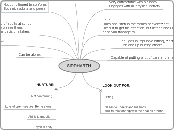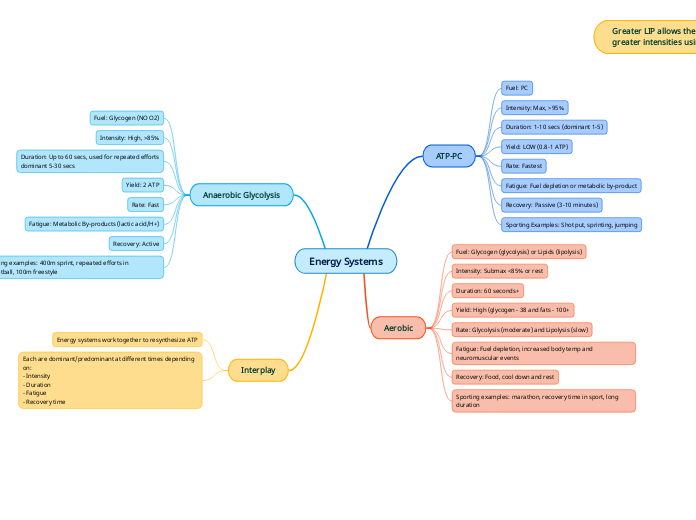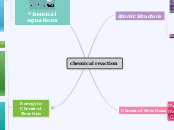arabera Elizabeth Topfer 6 years ago
256
Chemical Reaction l
Chemical reactions are processes where reactants transform into products, conserving mass in a closed system. Balancing these reactions involves ensuring the number of atoms for each element is equal on both sides of the equation, often by adjusting coefficients.









